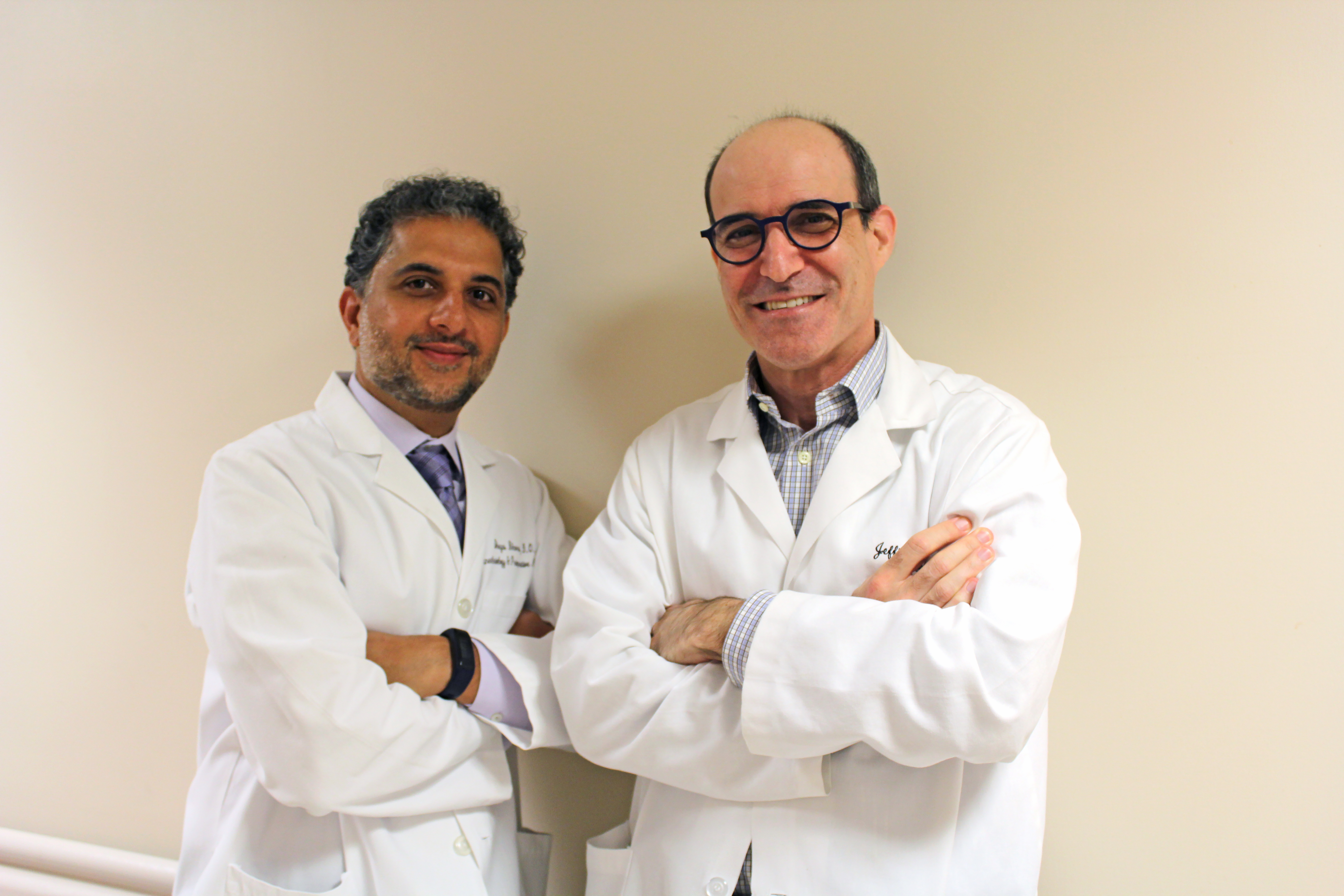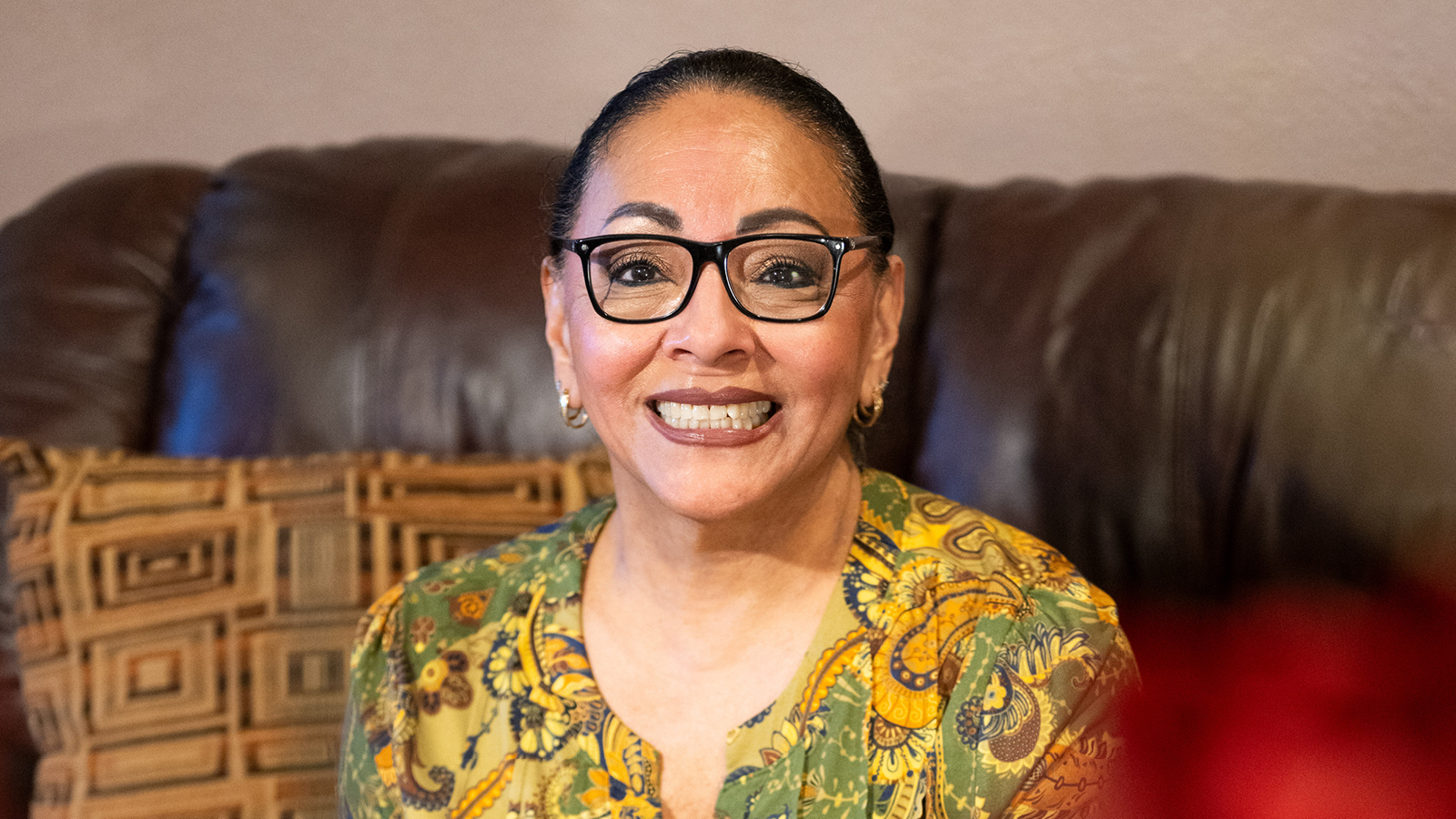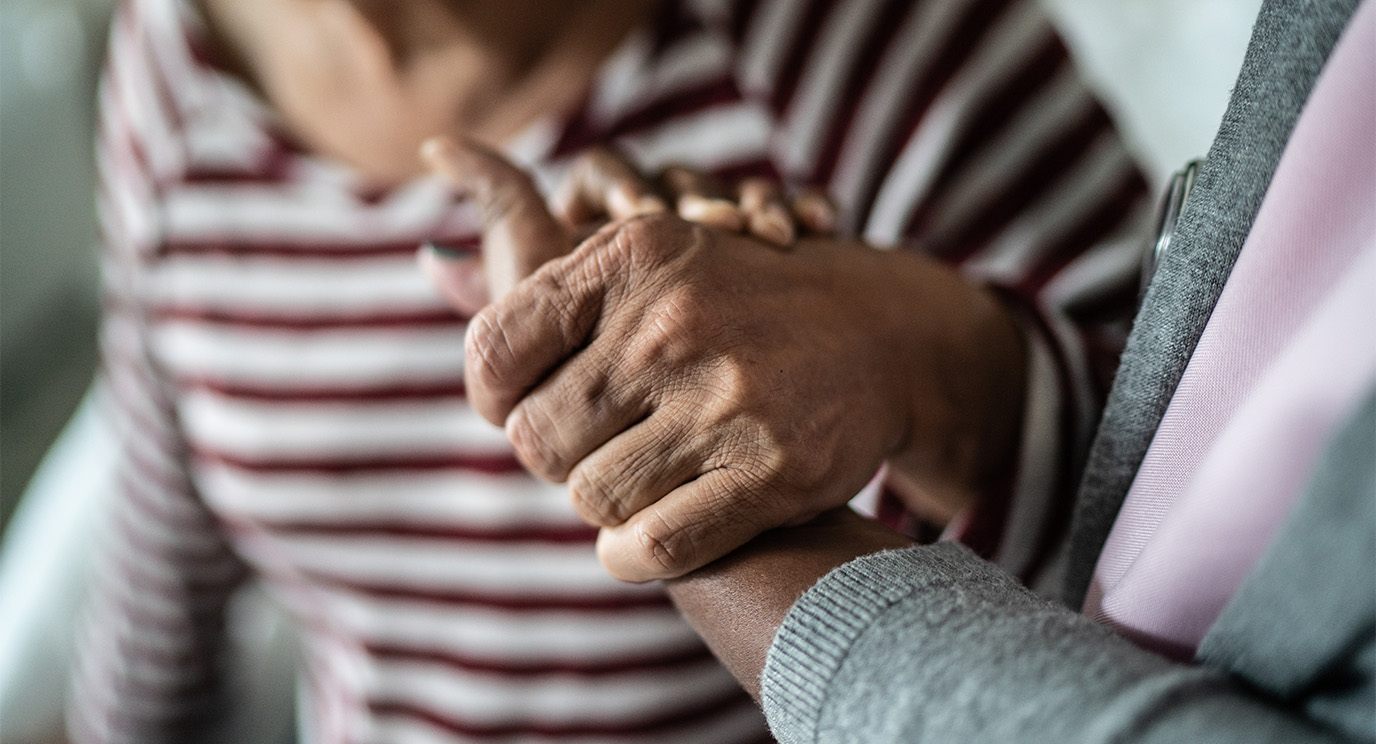- Diseases
- Acoustic Neuroma (14)
- Adrenal Gland Tumor (24)
- Anal Cancer (68)
- Anemia (2)
- Appendix Cancer (16)
- Bile Duct Cancer (26)
- Bladder Cancer (72)
- Brain Metastases (28)
- Brain Tumor (232)
- Breast Cancer (714)
- Breast Implant-Associated Anaplastic Large Cell Lymphoma (2)
- Cancer of Unknown Primary (4)
- Carcinoid Tumor (8)
- Cervical Cancer (158)
- Colon Cancer (166)
- Colorectal Cancer (118)
- Endocrine Tumor (4)
- Esophageal Cancer (44)
- Eye Cancer (36)
- Fallopian Tube Cancer (8)
- Germ Cell Tumor (4)
- Gestational Trophoblastic Disease (2)
- Head and Neck Cancer (12)
- Kidney Cancer (128)
- Leukemia (342)
- Liver Cancer (50)
- Lung Cancer (286)
- Lymphoma (278)
- Mesothelioma (14)
- Metastasis (30)
- Multiple Myeloma (100)
- Myelodysplastic Syndrome (60)
- Myeloproliferative Neoplasm (6)
- Neuroendocrine Tumors (16)
- Oral Cancer (100)
- Ovarian Cancer (172)
- Pancreatic Cancer (160)
- Parathyroid Disease (2)
- Penile Cancer (14)
- Pituitary Tumor (6)
- Prostate Cancer (146)
- Rectal Cancer (58)
- Renal Medullary Carcinoma (6)
- Salivary Gland Cancer (14)
- Sarcoma (238)
- Skin Cancer (296)
- Skull Base Tumors (56)
- Spinal Tumor (12)
- Stomach Cancer (64)
- Testicular Cancer (28)
- Throat Cancer (92)
- Thymoma (6)
- Thyroid Cancer (98)
- Tonsil Cancer (30)
- Uterine Cancer (80)
- Vaginal Cancer (16)
- Vulvar Cancer (20)
- Cancer Topic
- Adolescent and Young Adult Cancer Issues (20)
- Advance Care Planning (10)
- Biostatistics (2)
- Blood Donation (18)
- Bone Health (8)
- COVID-19 (362)
- Cancer Recurrence (120)
- Childhood Cancer Issues (120)
- Clinical Trials (632)
- Complementary Integrative Medicine (22)
- Cytogenetics (2)
- DNA Methylation (4)
- Diagnosis (232)
- Epigenetics (6)
- Fertility (62)
- Follow-up Guidelines (2)
- Health Disparities (14)
- Hereditary Cancer Syndromes (126)
- Immunology (18)
- Li-Fraumeni Syndrome (8)
- Mental Health (116)
- Molecular Diagnostics (8)
- Pain Management (62)
- Palliative Care (8)
- Pathology (10)
- Physical Therapy (18)
- Pregnancy (18)
- Prevention (918)
- Research (392)
- Second Opinion (74)
- Sexuality (16)
- Side Effects (604)
- Sleep Disorders (10)
- Stem Cell Transplantation Cellular Therapy (216)
- Support (402)
- Survivorship (322)
- Symptoms (182)
- Treatment (1786)
5 ways MD Anderson promotes cancer prevention in the community
5 minute read | Published December 18, 2023
Medically Reviewed | Last reviewed by an MD Anderson Cancer Center medical professional on December 18, 2023
Cancer affects every community, so MD Anderson teams get creative to share prevention information with as many people as possible.
Some days, this might look like giving a presentation on cancer screening before bingo night at a senior living facility. Others, it might look like providing a free mammogram at a mobile clinic or handing out free sunscreen at a professional golf tournament. Sometimes, it looks like answering questions at a health fair or implementing cancer prevention programs within communities.
Many days, it looks like all these things and more.
Here are five ways MD Anderson shared cancer prevention information in the community this past year.
1. Presentations
MD Anderson’s Community Alliances team delivered 462 cancer prevention presentations at events across Houston this past year.
Groups – including religious organizations, senior living facilities, community centers and corporations – can choose from one of 15 programs or request a speaker on another cancer topic.
The most popular adult offering was ‘9 Ways to Reduce Your Cancer Risk,’ while the most popular programs for young audiences were school presentations on the dangers of vaping and tobacco.
The team also unveiled two new presentations: ‘Healthy Weight, Healthy Life’ and ‘Breaking Down Barriers: What Black Women Should Know About Breast Cancer.’
Marisa Mir, director of Community Alliances, says about half of all attendees are from groups that experience health disparities, including Black, Hispanic, LGBTQ+ and disabled communities.
“We feel like it’s MD Anderson’s responsibility to reach those populations and educate them about ways to reduce their risk," she says.
Post-event surveys show these short presentations have a big impact.
"In previous years, about 90% of the people that attended presentations said they intended to do whatever they learned,” Mir says.

2. Sponsorships
Whether it was a charitable sponsorship through a local organization or an event with a nationally known brand, each of the 275 events MD Anderson sponsored this past year shared the same goal: to reach more people and further our mission to end cancer.
“We use charitable sponsorships to support organizations who provide services for our patients that we don’t,” says Stephanie Kim, executive director of Cause Alliances, noting that this includes groups that provide transportation and housing to patients, among other services.
This year, charitable events included fundraising runs and walks, galas, golf tournaments and luncheons drawing a combined total of nearly 1 million attendees.
“Our larger-scale sponsorships often focus on organizations where we can reach a big audience with a simple cancer prevention message, like sun safety,” Kim says.
Two of the largest events included the 2022 Cadence Bank Houston Open and the 2023 LPGA Chevron Championship golf tournaments, where MD Anderson volunteers handed out over 32,000 bottles of free sunscreen to attendees.
MD Anderson also continued its role as jersey partner and official cancer center of the Houston Dynamo FC men’s soccer team and Houston Dash women’s soccer team. Through these partnerships, MD Anderson shared cancer prevention and healthy living tips with match attendees, as well as fans engaging with the teams online.
3. Health fairs
MD Anderson is a frequent exhibitor at health fairs and events held by Houston-area groups, including churches, corporations, community centers, schools and parks and recreation departments.
“Just about any kind of organization you can imagine that's having some kind of an event for their community, they'll ask us to come out. We appreciate the opportunity for MD Anderson to participate in these community events,” says Lora Shea, a manager in Community Alliances.
This year, that meant sharing information on MD Anderson’s work and cancer prevention with over 31,000 attendees across 223 events.
Events are staffed by MD Anderson employee volunteers from both clinical and non-clinical roles who are trained to represent the organization.
“This is an aspect of the community outreach work that would not happen at the scale that it happens without those volunteers,” Shea says. “They are a critical piece.”

4. Project VALET
Mammograms are one of the most effective ways to detect breast cancer early, when it’s easiest to treat. However, for patients without insurance, these screenings can be too expensive.
That’s why MD Anderson’s Project VALET (Providing Valuable Area Life-Saving Exams in Town) drives mobile mammography vans directly to those who need them.
The program partners with 23 local clinics to provide free breast cancer screening for asymptomatic women starting at age 40. In FY23, 4,056 women received screening mammograms at one of MD Anderson's four mobile clinics.
Project VALET’s work doesn’t stop with mammograms, however. It also covers the cost of additional diagnostic testing and connects those diagnosed with treatment resources.
This year, 17 women who were screened at Project VALET were diagnosed with breast cancer.
Lucy Balderas, Project VALET’s program manager, says some patients have told her that without Project VALET, they wouldn’t be able to get a screening mammogram.
“It's great that we can provide it and we can provide it at their home clinics where they feel comfortable,” she says.

5. Acres Homes Cancer Prevention Collaboration
Acres Homes is a historic neighborhood in northwest Houston that is home to nearly 60,000 residents. In 2020, it became one of three Houston-area Be Well Communities™, an MD Anderson place-based strategy for cancer prevention and control.
In May 2023, the Acres Homes Cancer Prevention Collaboration was awarded a $10 million, five-year grant from the National Cancer Institute to study cancer prevention and control in persistent poverty communities, those that have been impoverished for 20 years or more. The grant is jointly led by Ruth Rechis, Ph.D.; Karen Basen-Engquist, Ph.D.; and Lorna McNeill, Ph.D..
Rechis says the grant is a research effort layered onto the existing Be Well Communities work.
It has two major research projects. The first is studying how nutrition education and distributing fresh produce at elementary schools can affect child and family health outcomes. Another is looking at the success of implementing the Active Living After Cancer program in a persistent poverty community.
Additional pilot studies are evaluating culinary programs and exploring the relationship between physical activity and mild cognitive impairment in older adults.
These efforts are in collaboration with and guided by the Be Well Acres Homes Steering Committee, which includes more than 30 community organizations united together with residents of Acres Homes.
Basen-Engquist hopes the findings may someday extend far beyond Houston.
“The idea is to generate information that will improve the health and quality of life of Acres Homes residents and also produce generalizable knowledge that could be exported to other communities,” she says.
Request an MD Anderson presentation, print materials or sponsorship at your community organization or event.
Related Cancerwise Stories

In previous years, about 90% of the people that attended presentations said they intended to do whatever they learned.
Marisa Mir
Director, Community Alliances





